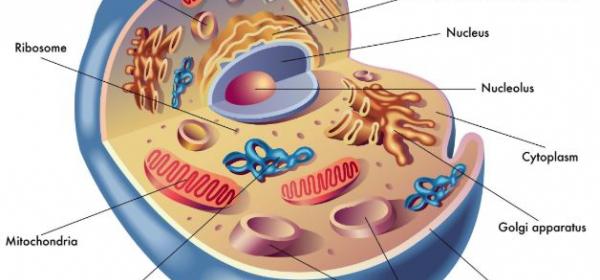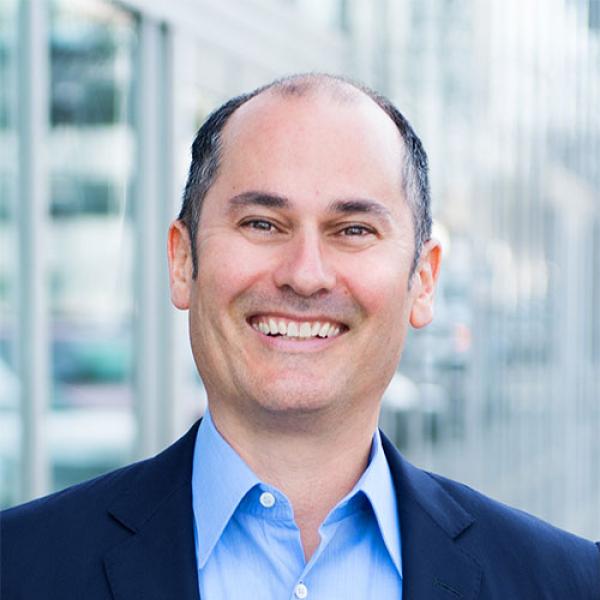Back to Blog
Functional Medicine Conventional Medicine Human Nutrition and Human Physiology
by Dr. Dan Kalish
Image

I have scant interest in human nutrition, however, I have a profound interest in human physiology. I leave concepts around human nutrition to nutritionists and dieticians and those who devote their lives, rightly so, to coaching others on how to eat well. I know how to eat well and believe the impact of diet on human health is profound but my interests have always been in physiology and biochemistry and what's behind human nutrition, moving the needle forward or back in terms of health and disease, by testing physiological mechanisms and fixing them using natural treatments that work with the body not against it. To improve human phsyiology not impede it. And after treatments are completed, in the long run, maintaining these corrections with diet and lifestyle. I also have found through 28 years of clinical experience that most, but not all, human diseases and ills have their foundations in defects in human physiology, these defects brought on by poor diet, intense stress or bad luck (genetic issues).
As I come to the final chapters in my career I am even more fascinated by human physiology than ever before. I find the understanding of protein assembly, fatty acid production and how we process individual nutrients from tryptophan to ALA to be of utmost importance in the proper treatment of most common health complaints. Heart disease, diabetes, chronic fatigue, autoimmune conditions, depression, anxiety and even most forms of cancer, have their underlying cause in the realm of aberhent human physiology. We can test and correct most of these physiological defects only if we understand... human physiology. Knowing that tryptophan is the rate limiting step in the synthesis of all protein except collagen is absolutely essential knowledge for the treatment of any health condition where the body needs to repair. (Read all health conditions). Knowing how to test for tryptophan levels and how to deal with correcting issues with protein synthesis is essential knowledge for any health care practitioner. Knowing that fatty acids comprise every cell membrane and their balance determines cell membrane fluidity and thus determines cell function is basic human physiology 101. Knowling how to test and correct for these fatty acids is almost secret knowledge only acquired by a few. Understanding how to appropriately dose tryptophan remains a mystery to most. Yet every practitioner treats conditions caused by low amino acids or low fatty acids. This makes little sense.
I understand that "medicine" and "medical doctor" implies a heavy tilt towards treatments with "medications". My early mentor Jay Cohn, MD, in response to my youthful and somewhat desperate inquiry as to why MD's prescribe so many drugs said to me simply, "That's why they call it medicine!". The realization that in our current era "doctor" generally equates to "MD" and this in turn generally equates to "prescribes drugs" is one part of the human physiology solution. Infections treated with antibiotics - makes sense if your life is hanging in the balance. Suicidal depression treated with anti-psychotics and anti-depressants makes sense if your life is hanging in the balance. However treating heart disease, diabetes, chronic fatigue and autoimmune conditions with a 100% prescription drug oriented approach denies the reality of human physiology which is determined by human nutrition. There are no drug deficiencies. There are hundreds of key nutritional deficiencies that create the diseases of modern times.
When I look at the field of medicine, conventional medicine, I have seen a profound transition in the past 30 years from complete derision to partial aceptance of using clinical nutrition to solve chronic health problems. I now see hundreds, if not thousands of MD's coming into the field of functional medicine each year, eager to learn about the human physiology and our functional medicine treatments which are primarily based on biochemistry mixed in with a little bit of human compassion and empathy and some listening skills. I look forward to the next 28 years as I believe that functional medicine will begin to take it's place alongside conventional medicine as one of the go-to solutions for many common health complaints. Until then, to quote one of my teachers, Dr. Robert Roundtree, "Broccoli, Broccoli, Broccoli!" Eat well and prosper.

